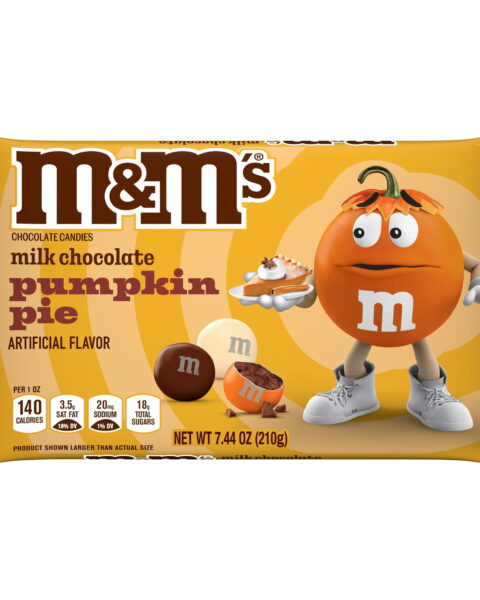Taking care of your gut is one of the best things you can do for your overall health. A happy digestive system can boost your mood, enhance your immune function, and keep you feeling energized. Eating the right foods is a key part of maintaining a healthy gut. From yogurt and apples to chia seeds and kombucha, these foods can improve your digestion and keep your gut bacteria balanced. Let’s dive into a list of 15 gut-healthy foods that can help you improve your digestive health and feel your best every day.
Contents
- 1 Yogurt
- 2 Apples
- 3 Kefir
- 4 Chia Seeds
- 5 Kombucha
- 6 Papaya
- 7 Whole Grains
- 8 Sauerkraut
- 9 Leafy Greens
- 10 Ginger
- 11 Bananas
- 12 Almonds
- 13 Kimchi
- 14 Fennel
- 15 Blueberries
- 16 More From RetailShout
- 17 10 Simple Tricks to Keep Dairy Products Fresh Longer
- 18 20 Best Trader Joe’s Products for a Perfect Cheese and Charcuterie Board
Yogurt

Yogurt is rich in probiotics, which are beneficial bacteria that support gut health. These live cultures help maintain a balance of good bacteria in the digestive tract. Consuming yogurt regularly can aid in digestion and reduce symptoms of irritable bowel syndrome (IBS). Look for yogurt with “live and active cultures” on the label for maximum benefit. It’s also a good source of calcium and protein. Greek yogurt, in particular, is high in protein and can be a satisfying snack.
Apples

Apples are a great source of fiber, particularly pectin, which acts as a prebiotic. Prebiotics feed the beneficial bacteria in your gut, promoting a healthy microbiome. Eating apples can improve digestive function and help regulate bowel movements. They are also rich in antioxidants and vitamins that support overall health. Apples can be eaten raw, cooked, or as part of various dishes. Including apples in your diet can contribute to better digestive health.
Kefir

Kefir is a fermented milk drink that contains a variety of probiotic cultures. This drink is beneficial for gut health because it can help restore the balance of bacteria in the digestive tract. Kefir is also easier to digest than regular milk, making it a good option for people with lactose intolerance. It can be consumed on its own or added to smoothies and other recipes. Regular consumption of kefir can enhance digestion and boost immune function.
Chia Seeds

Chia seeds are high in fiber, which promotes healthy digestion by adding bulk to the stool. They also contain omega-3 fatty acids, which have anti-inflammatory properties that can benefit the digestive system. When soaked in liquid, chia seeds form a gel-like substance that helps with bowel regularity. These tiny seeds can be added to smoothies, yogurt, and baked goods. Their nutrient-rich profile supports overall digestive health.
Kombucha

Kombucha is a fermented tea that is rich in probiotics and antioxidants. Drinking kombucha can help improve gut health by increasing the number of beneficial bacteria in the digestive system. It can also aid in detoxification and support liver function. Kombucha is available in various flavors and can be found in most health food stores. Regular consumption can promote a healthy digestive system and enhance immune function.
Papaya
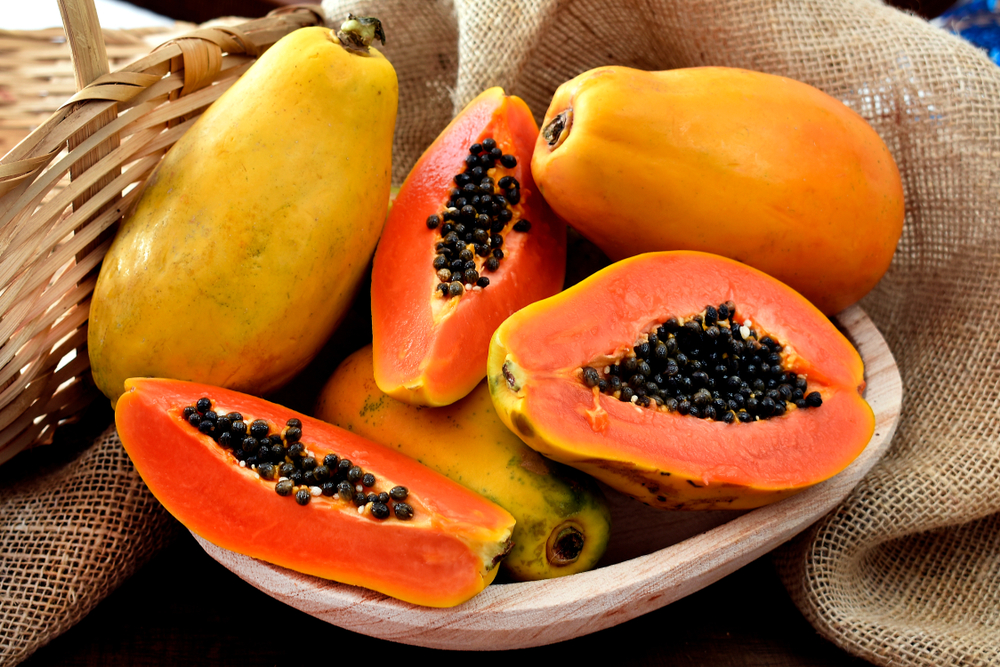
Papaya contains an enzyme called papain, which helps break down proteins and aids in digestion. This tropical fruit is also high in fiber and water content, promoting healthy bowel movements. Eating papaya can help relieve constipation and bloating. It is also rich in vitamins A, C, and E, which support overall health. Papaya can be eaten fresh, in smoothies, or added to salads for a digestive boost.
Whole Grains

Whole grains like oats, quinoa, and brown rice are excellent sources of fiber. Fiber is essential for maintaining a healthy digestive system as it helps regulate bowel movements and prevents constipation. Whole grains also contain vitamins and minerals that support overall health. Including a variety of whole grains in your diet can promote a diverse gut microbiome. They can be enjoyed in breakfast cereals, salads, and main dishes.
Sauerkraut
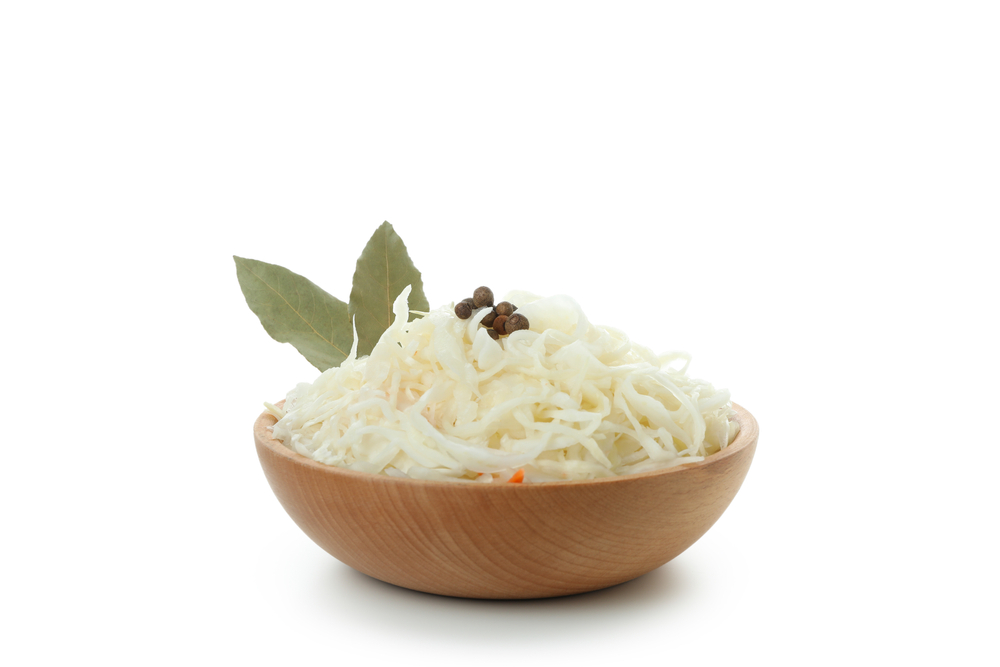
Sauerkraut is fermented cabbage that is rich in probiotics, which support a healthy gut microbiome. The fermentation process enhances the bioavailability of nutrients in cabbage, making sauerkraut a nutritious addition to your diet. Consuming sauerkraut can improve digestion and boost immune function. It can be used as a condiment, added to sandwiches, or enjoyed on its own. Regular consumption of sauerkraut can promote gut health.
Leafy Greens
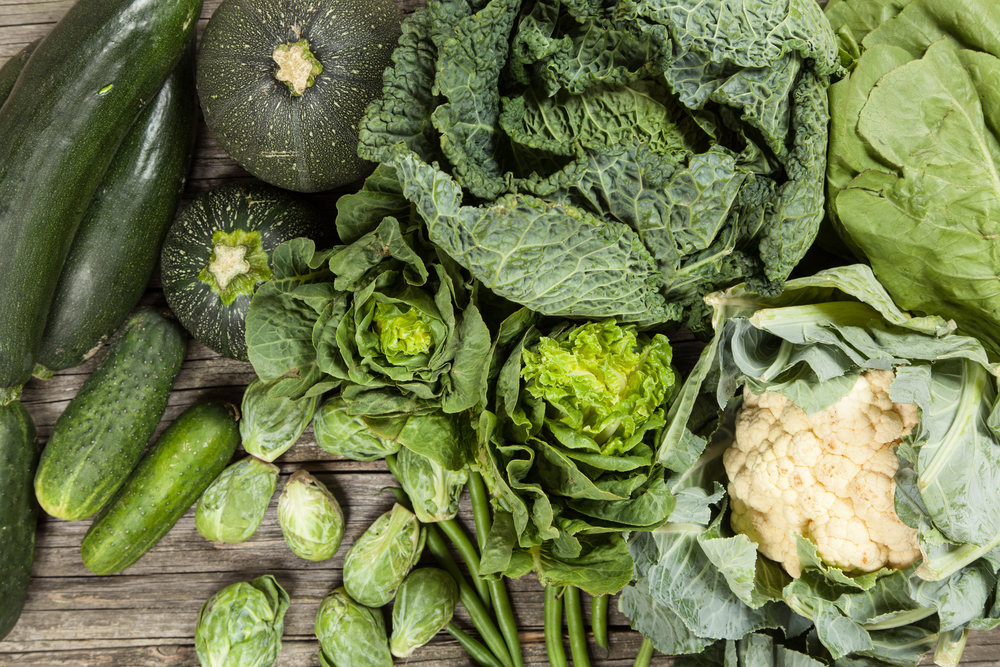
Leafy greens like spinach, kale, and Swiss chard are packed with fiber, vitamins, and minerals that support digestive health. They contain a specific type of sugar that feeds beneficial gut bacteria. Eating leafy greens can help maintain a healthy digestive tract and prevent constipation. These vegetables are also rich in antioxidants, which protect the digestive system from inflammation. Leafy greens can be added to salads, smoothies, and cooked dishes.
Ginger

Ginger has been used for centuries to aid digestion and reduce nausea. It stimulates the production of digestive enzymes and can help alleviate indigestion and bloating. Consuming ginger can also speed up the emptying of the stomach, which is beneficial for those with digestive discomfort. Ginger can be added to teas, smoothies, and various dishes. Its anti-inflammatory properties support overall digestive health.
Bananas

Bananas are an excellent source of dietary fiber, particularly inulin, which acts as a prebiotic. Prebiotics promote the growth of beneficial bacteria in the gut. Bananas can help regulate bowel movements and prevent constipation. They are also rich in vitamins and minerals, including potassium, which supports digestive health. Bananas can be eaten on their own, added to smoothies, or used in baking. They are a convenient and nutritious snack.
Almonds

Almonds are high in fiber, healthy fats, and polyphenols, which all support gut health. The fiber content in almonds helps promote regular bowel movements and prevents constipation. Almonds also contain prebiotic compounds that feed beneficial gut bacteria. They are a good source of vitamin E, which has antioxidant properties. Almonds can be enjoyed as a snack, added to salads, or used in cooking. Including almonds in your diet can improve digestive health.
Kimchi
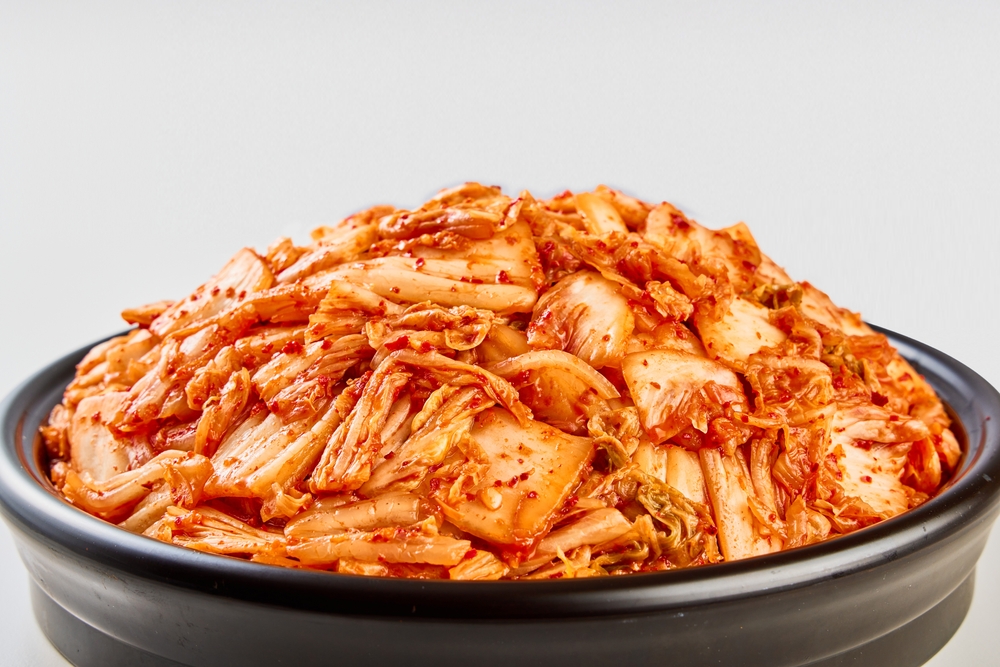
Kimchi is a traditional Korean dish made from fermented vegetables, typically cabbage and radishes. It is rich in probiotics and fiber, which support a healthy digestive system. The fermentation process increases the bioavailability of nutrients, making kimchi a nutritious addition to your diet. Consuming kimchi can improve gut health and boost immune function. It can be eaten as a side dish, added to soups, or used in various recipes. Regular consumption of kimchi can promote digestive health.
Fennel

Fennel is known for its ability to relieve digestive discomfort and improve gut health. It contains anethole, a compound that can help relax the muscles in the gastrointestinal tract and reduce bloating. Fennel is also a good source of fiber, which supports regular bowel movements. It can be consumed raw, cooked, or as a tea. Including fennel in your diet can enhance digestion and alleviate digestive issues.
Blueberries
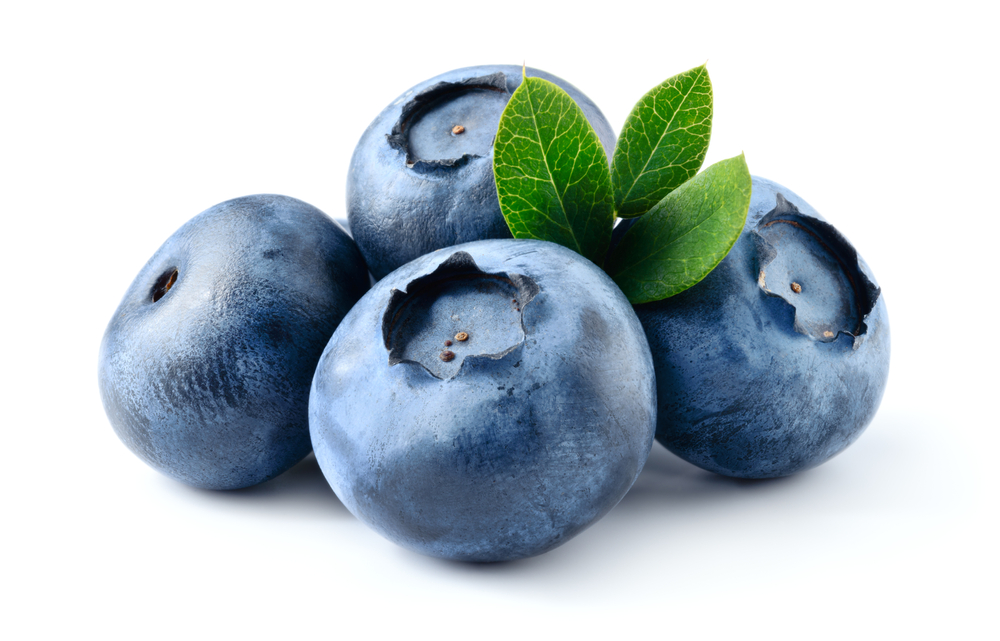
Blueberries are rich in fiber, vitamins, and antioxidants that support digestive health. The fiber in blueberries promotes healthy bowel movements and prevents constipation. They also contain polyphenols that feed beneficial gut bacteria. Eating blueberries can improve gut health and reduce inflammation. They can be enjoyed fresh, in smoothies, or added to various dishes. Blueberries are a delicious and nutritious way to support digestive health.
This article originally appeared on RetailShout
More From RetailShout
15 Foods You Should Skip for Better Joint Health
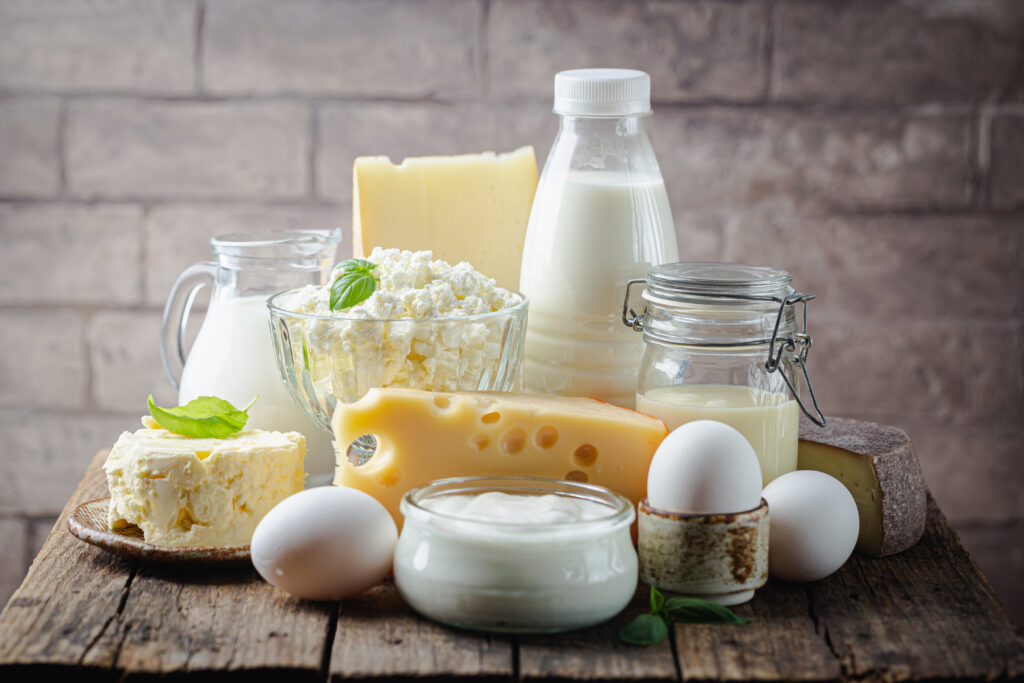
Taking care of your joints is crucial for maintaining mobility and reducing discomfort. Surprisingly, what you eat plays a significant role in joint health. Certain foods can exacerbate inflammation and worsen joint pain, making it essential to be mindful of your diet. Read More.
10 Simple Tricks to Keep Dairy Products Fresh Longer

Keeping your dairy products fresh for longer can save you money and reduce waste. We’ve all experienced the disappointment of discovering spoiled milk or moldy cheese in the fridge. Luckily, there are simple tricks to extend the shelf life of your favorite dairy items. Read More.
20 Best Trader Joe’s Products for a Perfect Cheese and Charcuterie Board

When it comes to building a charcuterie board, the right selection of cheeses can make all the difference. Trader Joe’s is known for its high-quality, unique cheeses that bring variety and flavor to any gathering. Whether you’re looking for something rich and creamy or bold and spicy, this list highlights the best options to make your cheese board shine. Read More.





